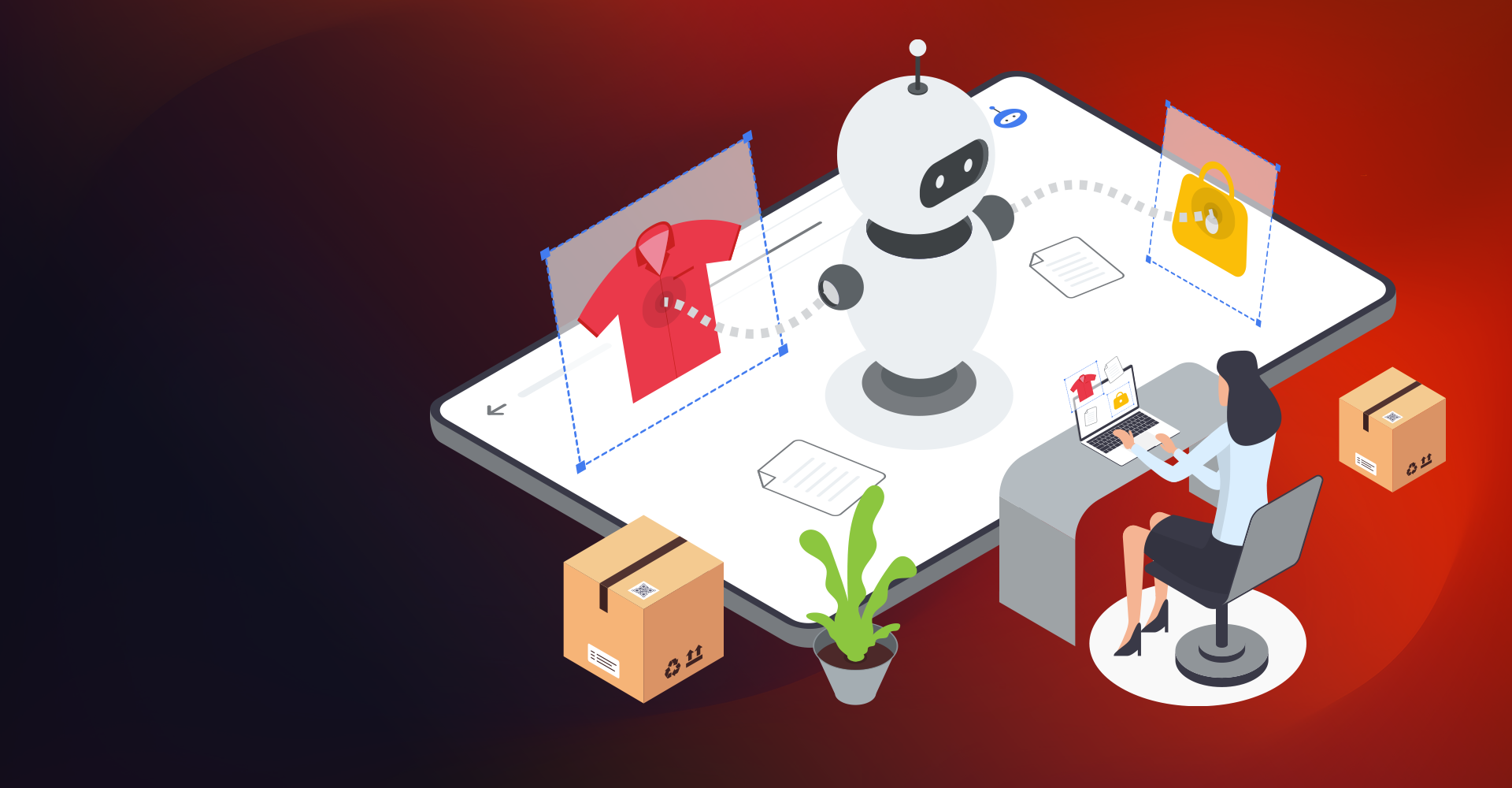Salesforce CPQ Process Flow for Enterprises
Salesforce CPQ Process Flow for Enterprises
There is nothing better than seeing an aligned revenue process across finance and sales teams. Everyone wins when revenue is recognized faster, internally, and externally. Salesforce CPQ Billing is an exciting “big picture”. Salesforce Billing as a new extension to Salesforce CPQ, truly aligns sales and finance. This unified approach enables companies to move beyond quote-to-cash, extending Salesforce CPQ technology from the quote stage through invoicing and billing. Instead of acting as isolated islands, sales and finance are finally strategically aligned with real-time business information.
From Subscription to Consumption: Adapting to New Billing Models
In software, Subscription based pricing model means a long-term contract that guarantees access to a licensed solution for an agreed upon period. Most companies use it to build a recurring revenue model. But is this the best way to model software services? The prevailing subscription model is suboptimal for many reasons. Though Subscription-based pricing was the norm, not to long ago, especially for SaaS companies, for customers and the people who use their software in support of what they do every day, subscription-based pricing meant arbitrary license costs and estimates on future usage, and limited budgets tiered into these flat recurring license fee.
What has changed? As the software industry continues to grow, the way we sell SaaS products and subscriptions is changing. When users don’t know how much a single ‘unit’ costs/how many minutes per day/day/month of usage will cost them, they become reluctant to rely on it. This slows down adoption and change management, both inside your enterprise and across your customer base. Not knowing the true cost of SaaS also skews data collection critical to our decision-making processes, makes us uncomfortable with adopting new technologies, prevents us from understanding our actual consumption patterns and turns off key business partners who may benefit from greater transparency in their total consumption of technology services. Consumption-based billing delivers all the powerful benefits of subscription-based billing with none of these barriers.
The usage-based/consumption-based model recognizes how software is being sold and consumed by customers today, is directly tied to the value a customer receives, and allows billing to happen in real time as our customers use our software.
According to the 2021 SaaS pricing survey from OpenView Venture Partners, 39% of SaaS providers now offer usage-based pricing as compared to about 23% in 2014.
“Convenience is key to the consumption pricing model. Pay for what you use without upfront fees or penalty rates. No need to estimate your consumption up front. Spend only what you need and never pay more. With the right tool, billing becomes painless. We are witnessing a trend of usage-based models. Many organizations we work with are now transitioning to this, including hardware and network devices companies. Therefore, the need to ensure smooth transition, and compatibility with the model is on an ever high in the implementations we offer”, Abhijeet Baneka, Director-Client Services, Enterprise Cloud Apps – Salesforce at Jade Global.
Salesforce CPQ has matured over the years and thereby delivering enhanced value and flexibility to its customers. With its recent enhancements and powerful new capabilities, Salesforce CPQ is poised to capture a leadership position in the fast-growing usage-based consumption pricing market.
As more businesses move to the more advantageous usage-based selling, especially for Salesforce CPQ costumers, the operational challenges for finance teams become more complex, requiring a more integrated experience across systems and processes. Most companies carry their quote to cash process traditionally, a legacy process there exists a disconnected quote to cash journey- Orders in Salesforce and invoices in ERP. What businesses, especially finance teams need as they move to usage-based models is an integrated experience. Salesforce CPQ is evolving to meet these needs.
The Salesforce CPQ and billing offers a consumption billing model for any organization looking for a new, optimized transaction workflow that streamlines and automates the order-to-cash process. It is typically used by organizations where CPQ has been implemented and there is a need to leverage existing features of Salesforce.
Salesforce CPQ and Billing: Not Just for Sales and Marketing but Also Finance Now

When you adopt Salesforce CPQ or any other solution, you’re faced with a decision: How do we get the Finance department on board?
The need for alignment between sales and finance has never been greater than it is today. Finance needs sales team’s data in order to make better business decisions around forecasting, budgeting, planning, and reporting. But the issue is- traditionally, Sales works with Salesforce and Finance principally are ERP users.
The Legacy model divides and disconnects these two, with quoting and ordering and then invoicing in ERP becoming a siloed and very complex approach.
Mending a broken process: Unifying Sales and Finance

One of the biggest reasons why businesses are unable to harness the full potential of their quote to cash process, leveraging a usage- based model is because they fail to align their sales and finance teams. In fact, most companies have separate revenue processes for sales and finance. It's not that these two departments aren't sharing revenue data; rather, it's the lack of proper coordination. The revenue process is quite an intricate one. There are a lot of manual steps in between which involve multiple departments – sales, marketing, accounting, finance and so on.
To see how Salesforce CPQ and billing can help you grow your business, let's look at the current state of things in your organization:
Businesses today involve a number of people, events and transactions while moving towards one objective – a sale. Sales teams work with marketing teams to come up with new leads; they follow up these prospects with emails, calls or in-person meetings; deal with objections; fill orders; process payments and eventually close deals. All this activity takes place over time – from lead generation to closing deals to invoicing customers.
At the heart of every sales organization is the ability to sell products needing sales enablement CPQ. To do that, you need to offer a variety of products in the right combinations at the right price points. At the heart of every data-driven business is the ability to measure and bill for usage of those products.
In most businesses, pricing and cost accounting exists in a siloed world. The finance team manages costs while sales focus on revenue—and they rarely speak the same language. This disconnect has led to numerous problems that are difficult to overcome:
Sales cannot make accurate offers without knowing what it will cost them to fulfill them; Finance does not understand how to rigorously evaluate offer profitability, even though they are responsible for pricing decisions; Sales may win deals but not realize the profitability because of failed integration with finance's systems; Finance might miss opportunities for up-selling or cross-selling because they do not have visibility into sales' pipelines. These are proven ERP and Salesforce issues.
Trying to solve this problem through manual workarounds is expensive and has limited effectiveness. What is needed is a way to integrate these two groups that do not require custom code or manual processes between multiple systems.
With CPQ and Billing – Salesforce provides a solution that unifies the sales and finance departments by aligning the revenue process.
With Salesforce CPQ and Billing, your pricing requests, quotes, and orders are linked to supporting financial data in Salesforce. Pricing requests can be reviewed, approved, and invoiced directly from Salesforce. This is how you integrate your front-end with your back end.
What is more, you can keep track of all your billing processes in one place. You will have a clear view of your revenue performance at any time, allowing you to react quickly to market changes.
Salesforce CPQ Billing has evolved to offer an integrated approach to track and unify the sales and finance teams. Salesforce CPQ and Billing help bridge the gap between Sales and Finance by unifying revenue, fulfillment, payment, and contract management into one process.
“It’s now possible to track and improve your revenue intake process with Salesforce Billing”, says Abhijeet Baneka. “Take the mystery out of billing by consolidating invoices, refining your sales processes, and making sure Finance teams are on board”, he adds.
With Salesforce CPQ and Billing the world is introduced to a new recurring business model.

Salesforce CPQ and Billing: How it Works
When you integrate Salesforce CPQ and Salesforce Billing, the result is a single, unified, automated revenue process.

Sales reps use CPQ to create quotes, configure options, and add products, with the goal of increasing their deal size and their pipeline. The quote can be ordered by the customer or the sales rep — either way, the quote gets converted into an order. When an order is created in CPQ, it is automatically sent to Salesforce Billing for invoicing, payment processing, and revenue recognition.
Salesforce Billing picks up key records from CPQ: quote details and even customer information. It also inherits quotes that have been ordered but not yet closed. This helps ensure that there is a complete set of information in Salesforce Billing for every transaction — no matter how it was created.
If a customer makes any changes to an order in Salesforce CPQ Billing, those updates are immediately reflected into CPQ so reps can update their quotes accordingly.
One of the biggest benefits of this integration is that it eliminates duplicate data entry between sales and finance.
Salesforce Implementations Options for Billing offered by Jade
In addition to CPQ functionality, the Salesforce CPQ and Billing solution also supports two models: Lead-to-invoicing or lead-to-payment. Jade Global helps implement these models that ensure that business users have greater control over activities that result in predictable revenue recognition. As a result, companies can more easily produce meaningful insights into their overall revenue performance without needing to access multiple systems or go through.
Lead to invoice
Salesforce CPQ and Billing are designed to work as a unified single system and product catalog, starting with the lead, and ending with the invoice in Salesforce Billing. “The platform carries customer data from lead to invoice, resulting in a consistent handoff to an ERP for collections, receivables, and financial reporting.”
Lead to payment:
This architecture allows Salesforce CPQ and Billing to function as a single system and product catalog for carrying customer data from lead to payment (cash). Keeping your data in a single system result in a cleaner handoff to an ERP for the general ledger and financial reporting.

Billing is the bridge between sales and finance. It is a cornerstone to aligning your Salesforce CPQ business processes with finance, so you can unify Sales and Finance under the same "roof." But how do you make Salesforce Billing work for you? There are three strategies: Automate revenue process, unify business processes, and eliminate manual revenue processes.
“When you have a critical mass of finance, sales and operations collaborating and sharing information to deliver consistent customer experiences across the enterprise, everyone starts to win. No more handoffs. No more delays. Customers get involved earlier in the process. Everyone is better informed because they have timely access to accurate data across the enterprise. Better data leads to better decisions with customers and suppliers alike,” states Baneka, who has been instrumental in leading one of the major and unique Salesforce billing implementations that the company had successfully undertaken.
Jade Global is one of the top 20 approved billing partners for Revenue Cloud with Salesforce, with certified CPQ and Billing experts with experience in implementing Revenue Cloud, who have work with some of the largest companies worldwide. They have developed a prebuilt Quote to Cash solution, that contains four leading reference architectures using Salesforce CPQ and Billing along with the integrations with ERP.













